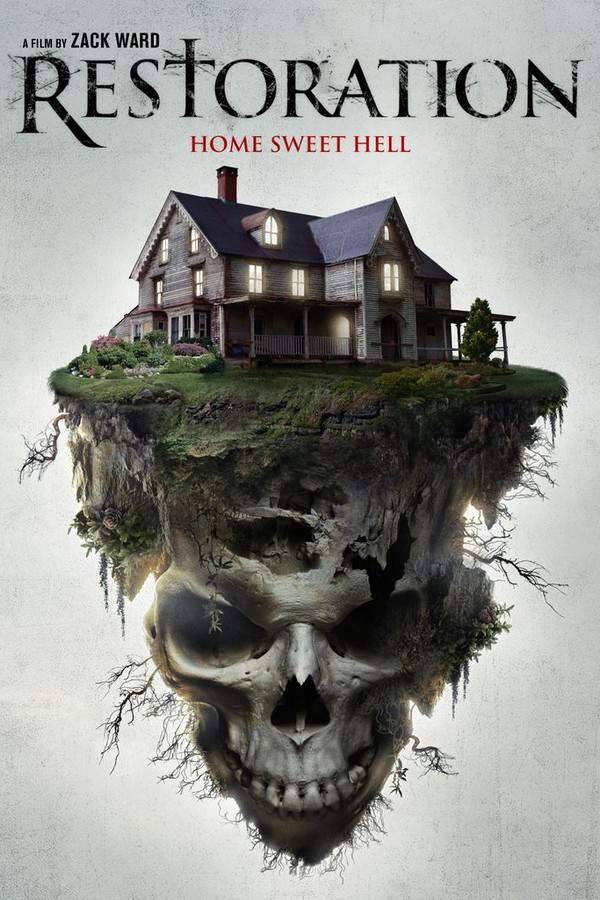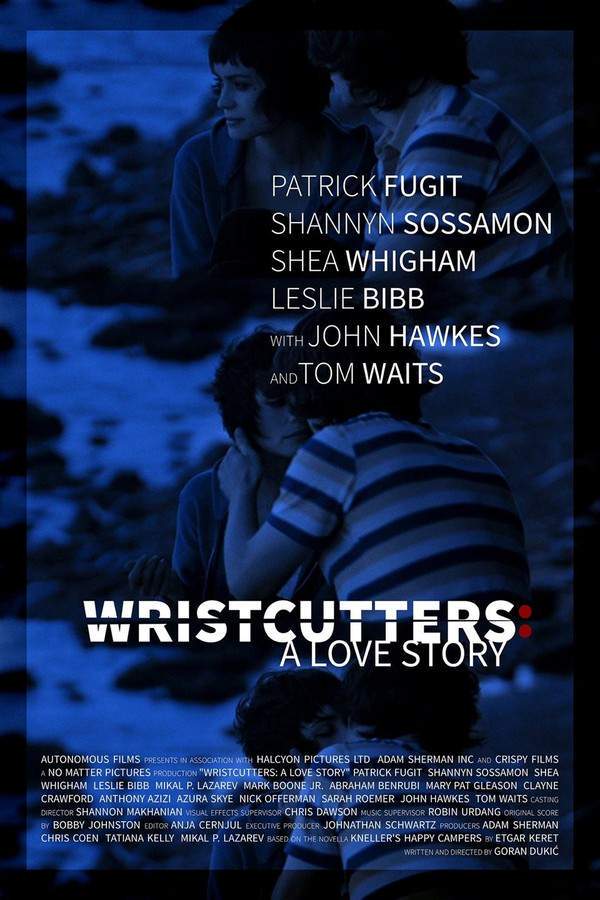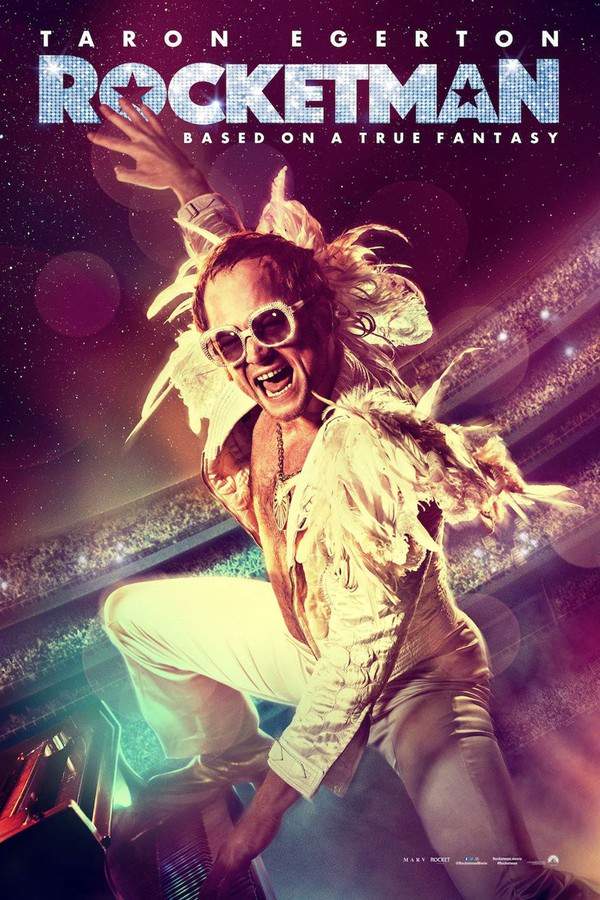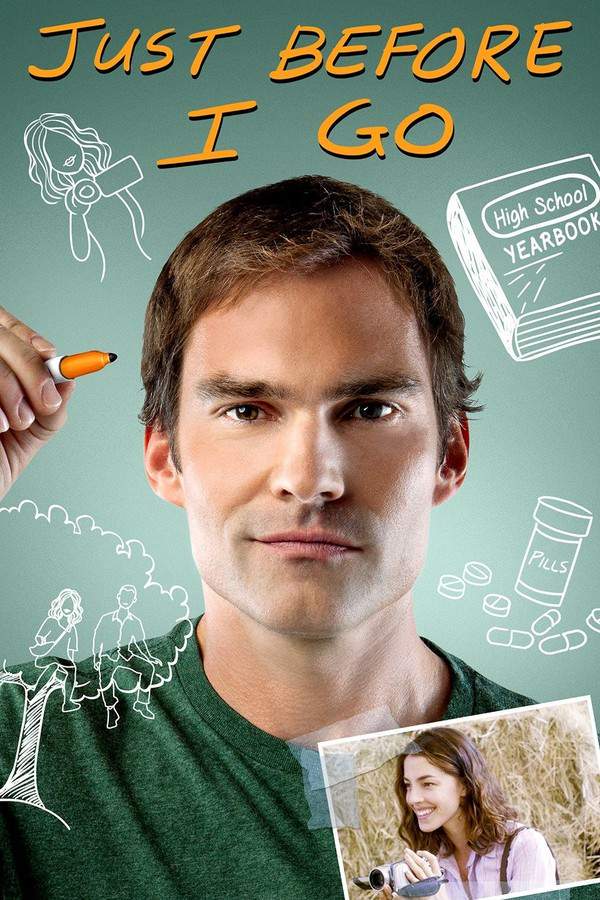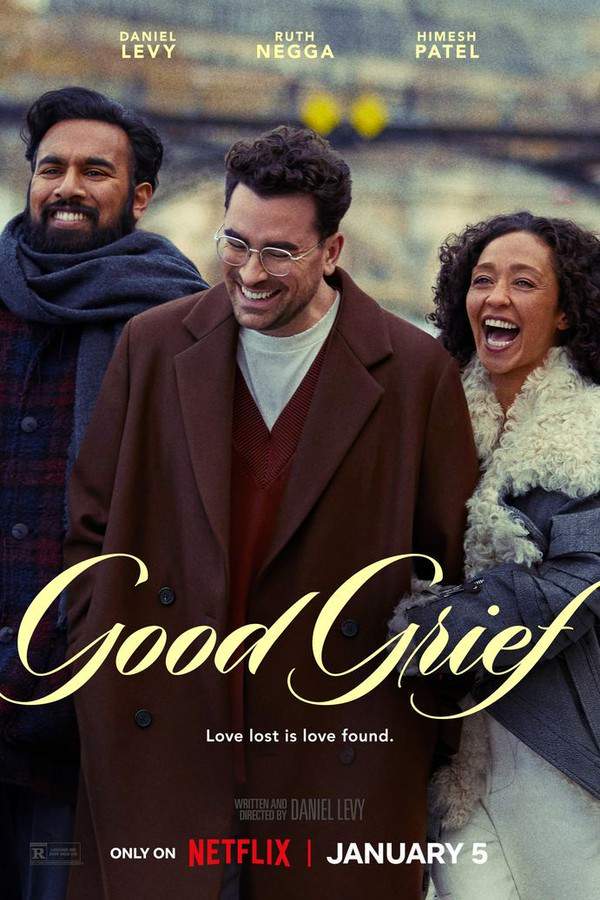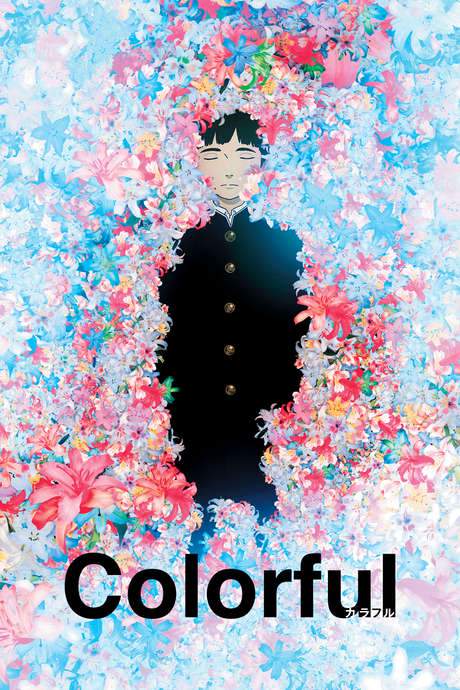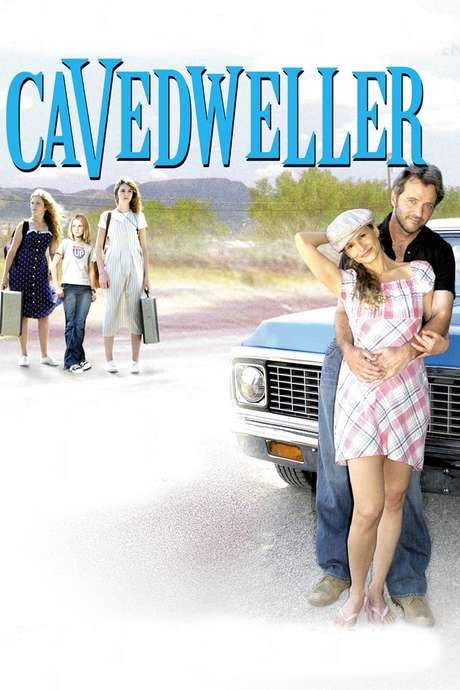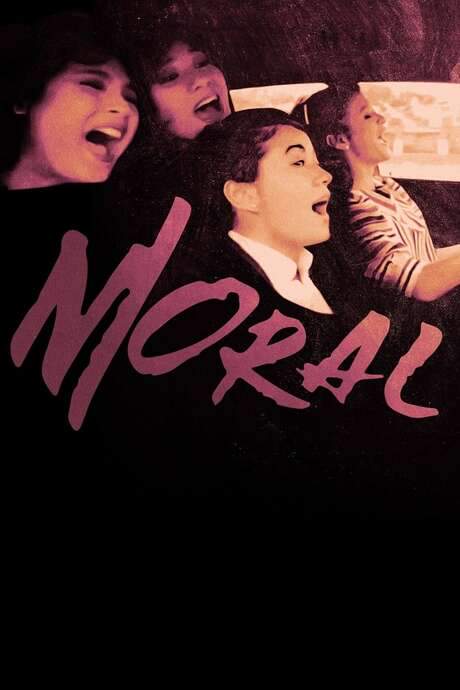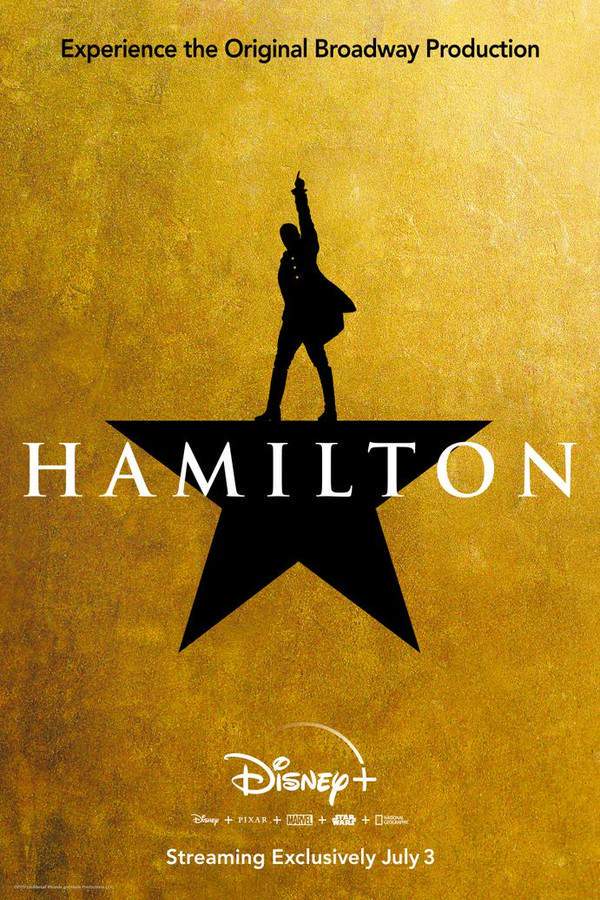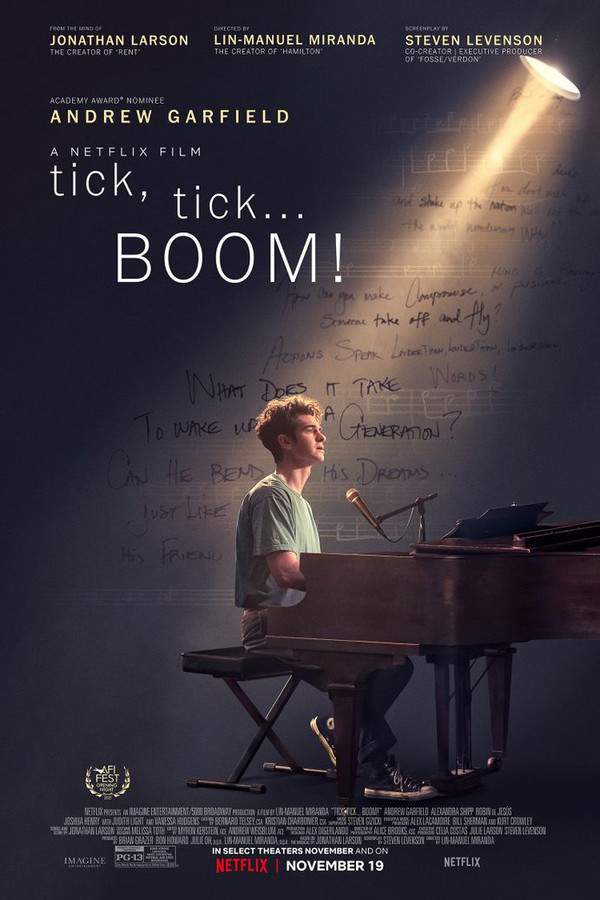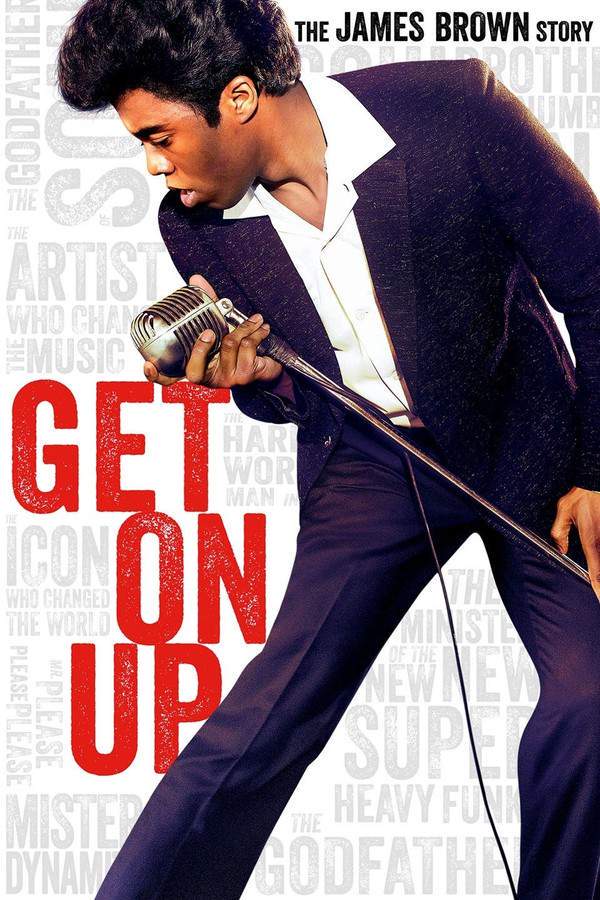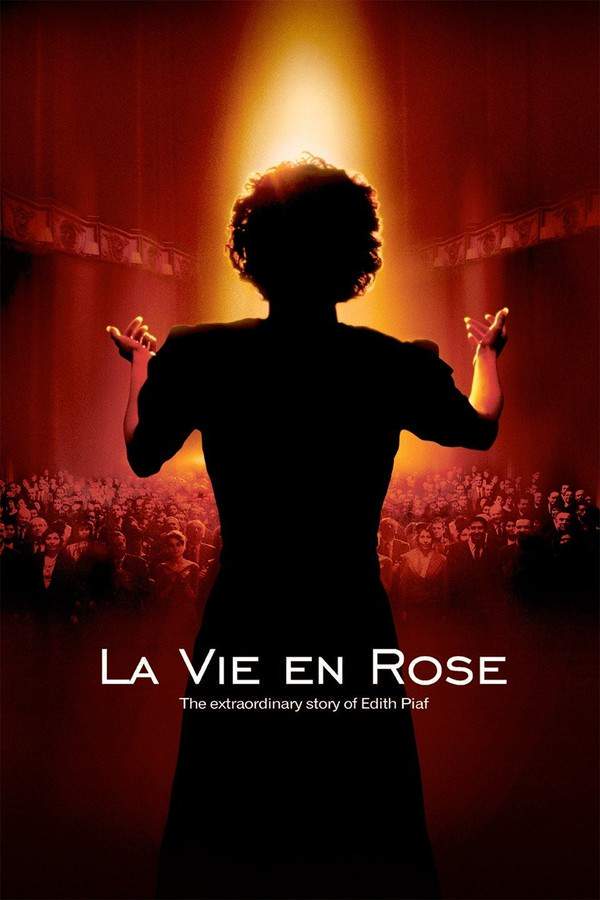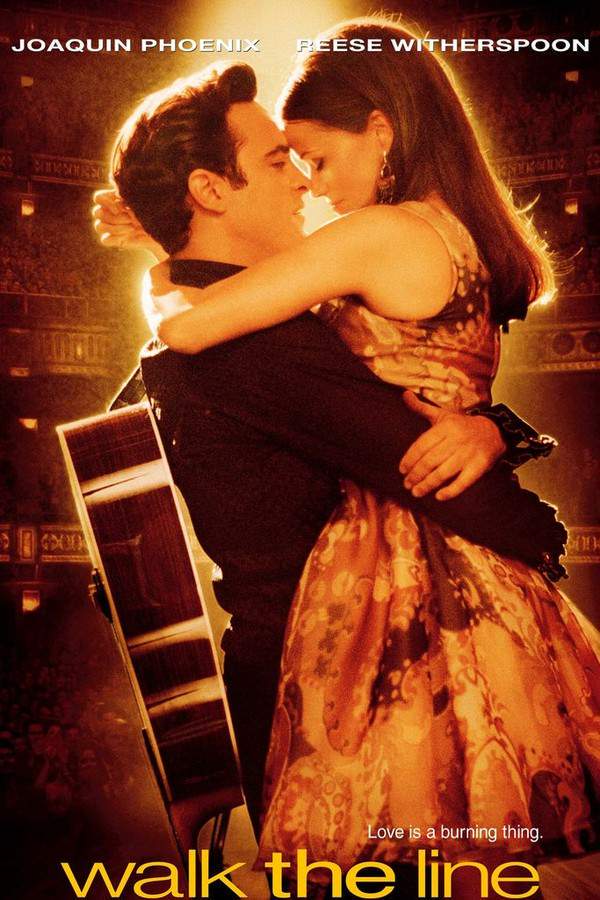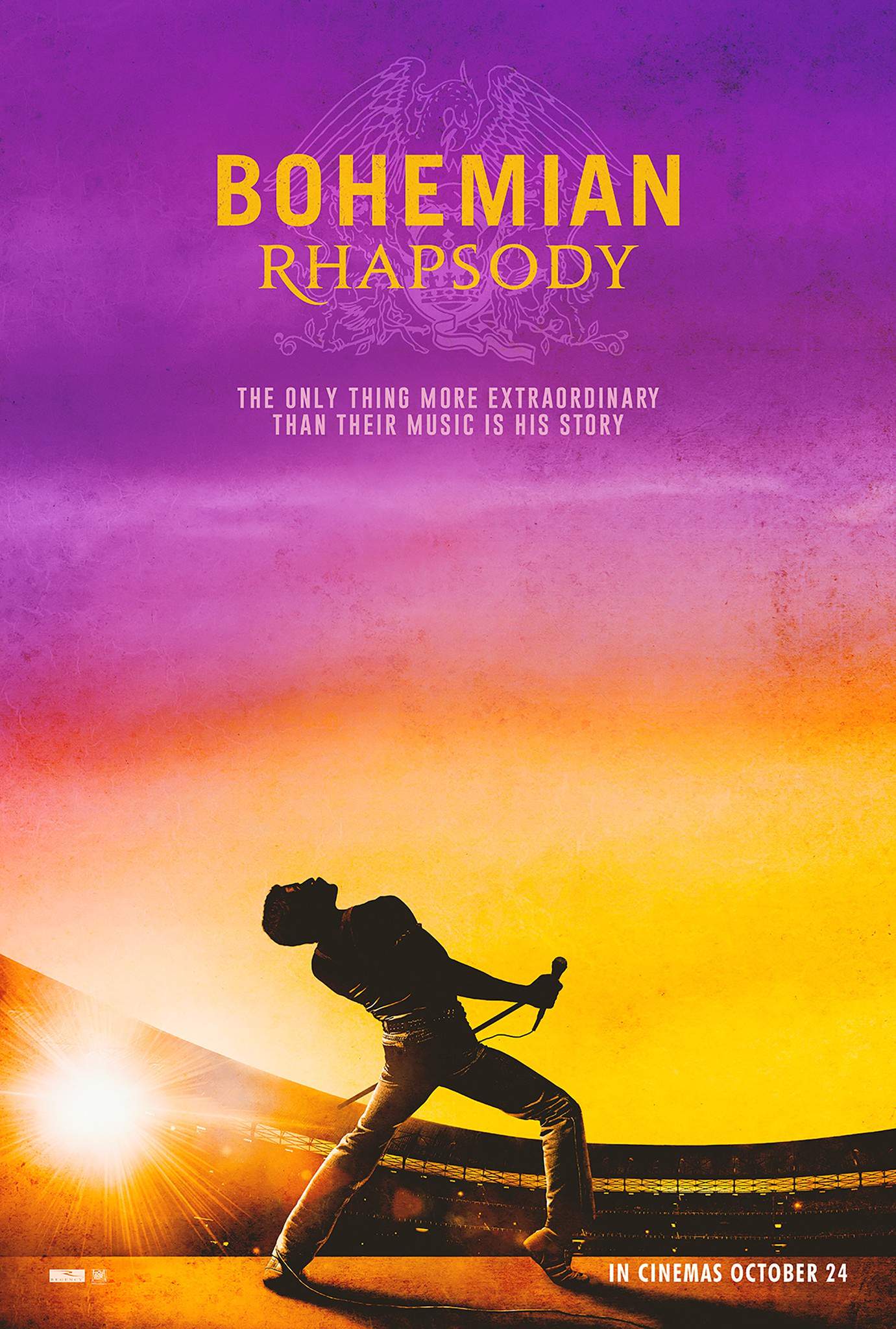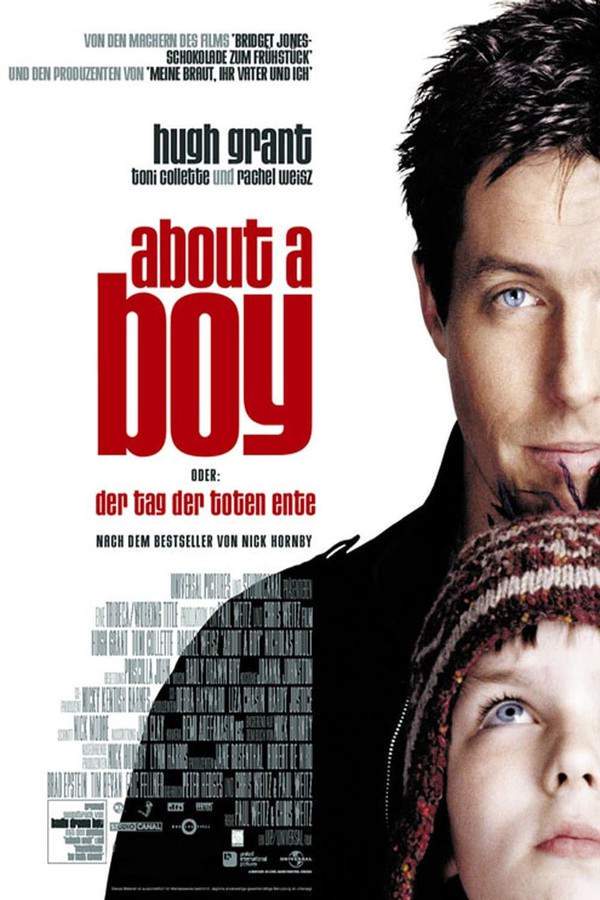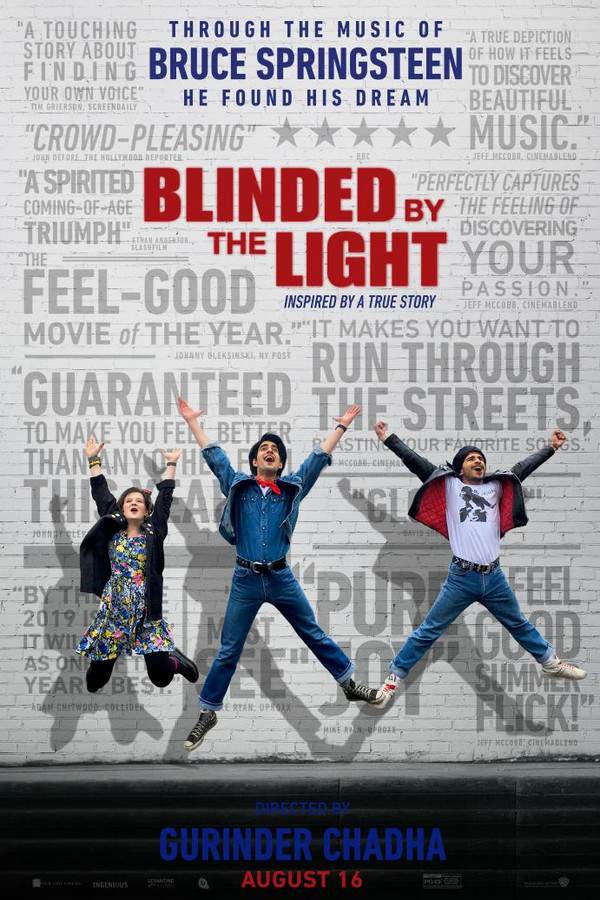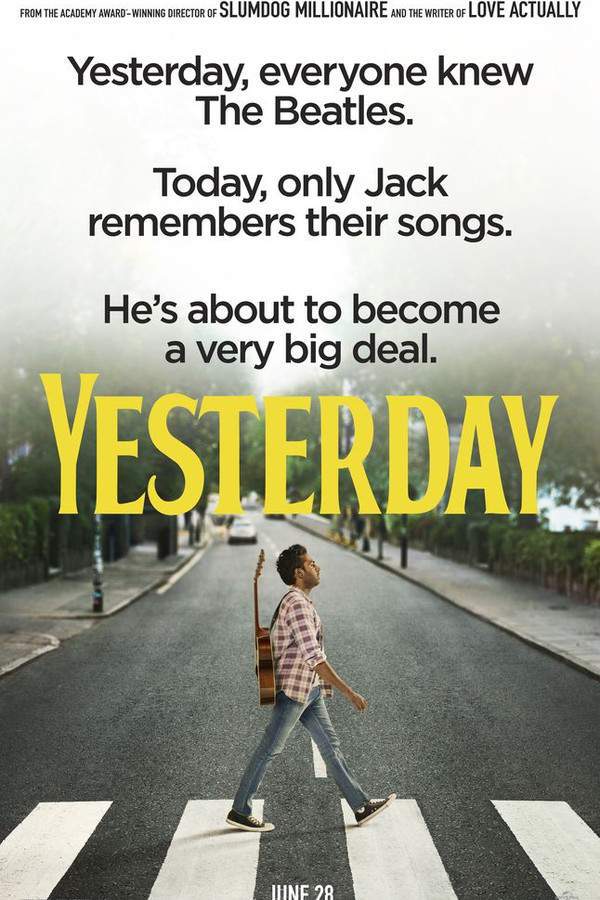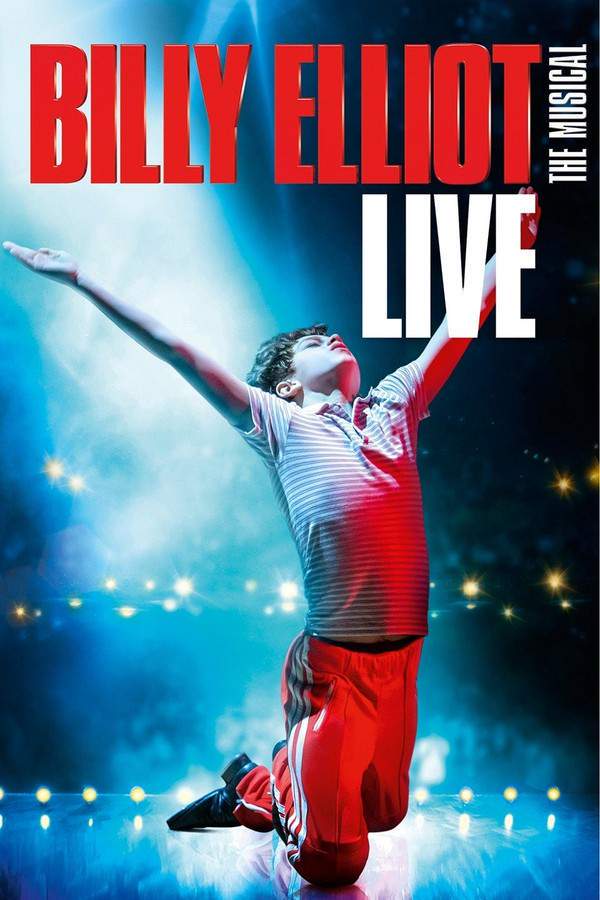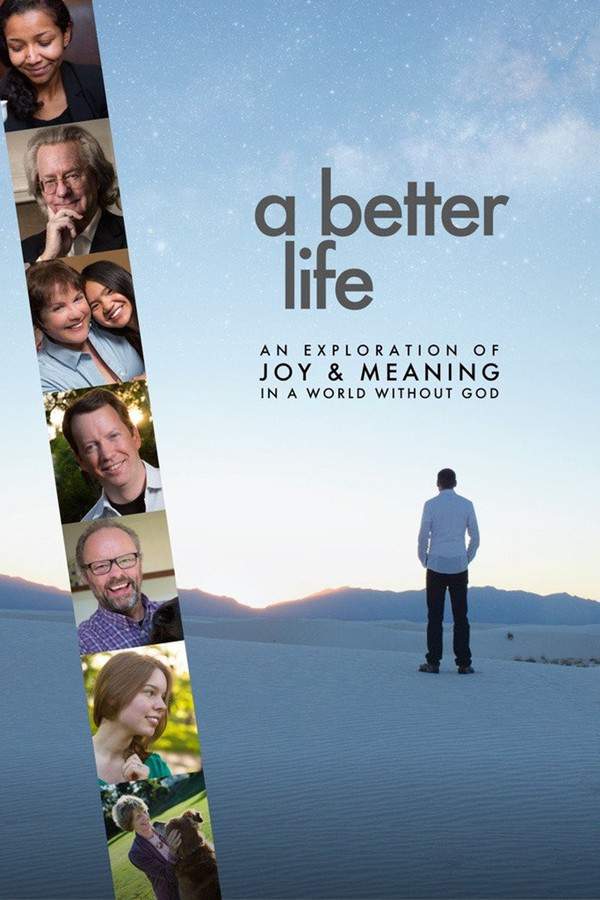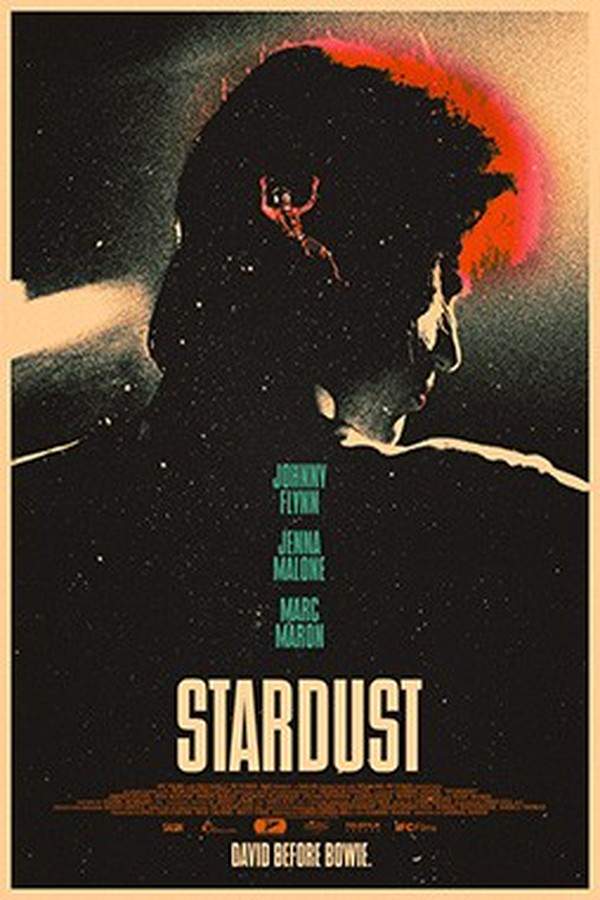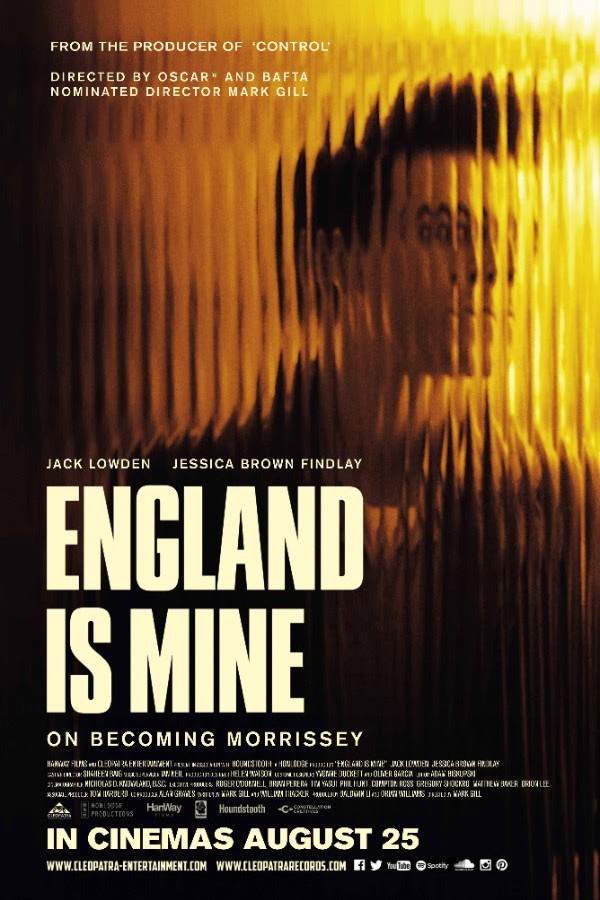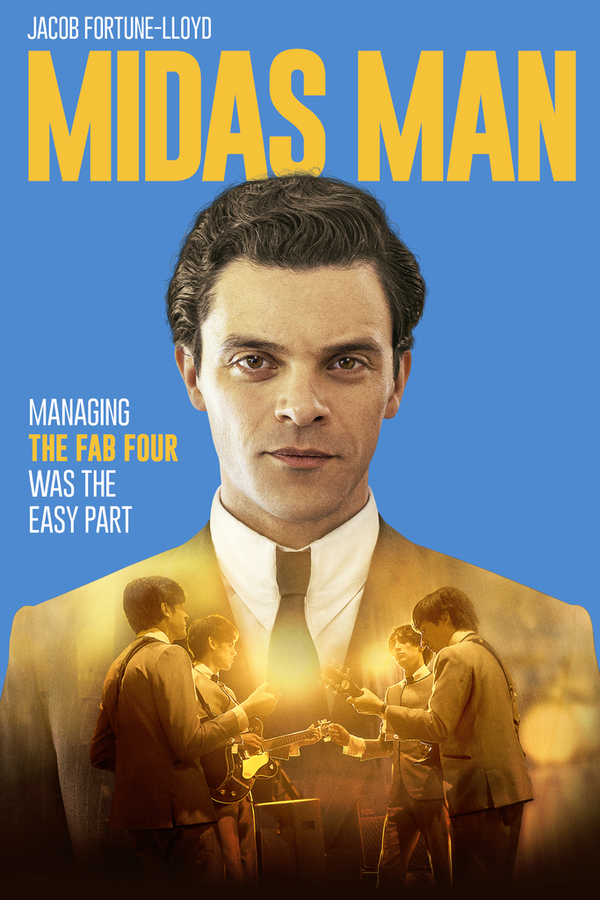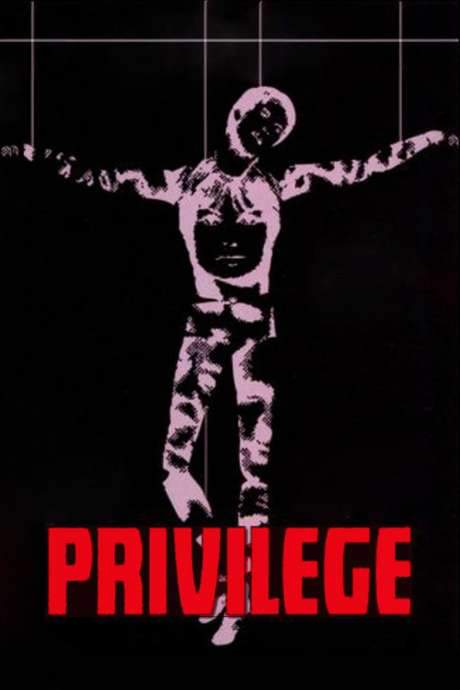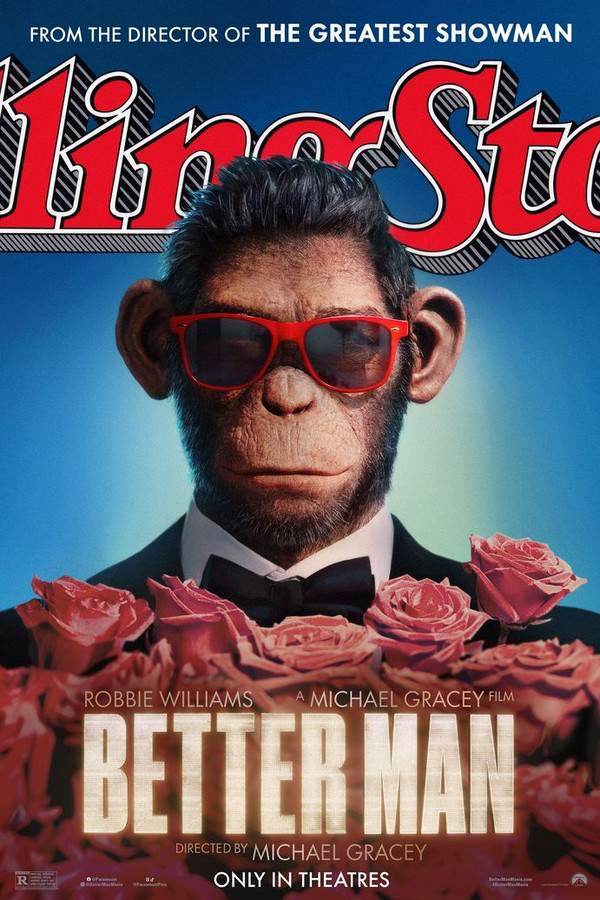
Better Man
Year: 2024
Runtime: 2 h 11 m
Language: english
Director: Michael Gracey
Budget: $110M
This film explores the extraordinary career of British pop icon Robbie Williams, charting his rise to fame, subsequent struggles, and eventual comeback. Told from Williams’ perspective, the story follows his journey from childhood, detailing the highs and lows of his life and career as one of the world’s most beloved entertainers.
Warning: spoilers below!
Haven’t seen Better Man yet? This summary contains major spoilers. Bookmark the page, watch the movie, and come back for the full breakdown. If you're ready, scroll on and relive the story!
Better Man (2024) – Full Plot Summary & Ending Explained
Read the complete plot breakdown of Better Man (2024), including all key story events, major twists, and the ending explained in detail. Discover what really happened—and what it all means.
The film presents a uniquely narrated journey through the life of pop icon Robbie Williams, with his life story being conveyed through the lens of a chimpanzee, symbolizing his perception of being “less evolved.”
In 1982, we meet Young Robert, portrayed by Carter J. Murphy, who is trying to find his way in the world while growing up in Stoke-on-Trent. During a football game with friends, he experiences humiliation after a fall, setting the tone for his later struggles. Returning home to his parents Peter (Steve Pemberton) and Janet (Kate Mulvany), as well as his supportive nan Betty (Alison Steadman), we learn that Peter harbors dreams of stardom himself, often singing Frank Sinatra tunes. But Peter’s harsh belief that success is only for the innately talented weighs heavily on Robert. Fortunately, Betty lifts Robert’s spirits, assuring him of his potential.
Robert’s journey takes a turn when he participates in a school play, “Pirates of Penzance,” where he captivates the audience with his singing prowess and improvisational skills. Yet, despite these moments of triumph, Robert battles with critical inner voices that materialize into unsettling visions. Meanwhile, Peter pursues a stand-up comedy career, changing his name from Williams to Conway. His departure from the family propels Robert into a smaller living situation with Janet and Betty, holding onto remnants of his father’s memory.
As a teenager (Jonno Davies), Robert remains determined to carve out a musical career, but a school counselor dashes his dreams, urging him to focus on academics instead. His best friend Nate (Frazer Hadfield) has less grand aspirations, but a surprise twist awaits when Robert hears a radio announcement of an audition for a boy band.
He seizes the opportunity and meets the demanding manager Nigel Martin-Smith (Damon Herriman), who is unimpressed during his initial audition but is ultimately intrigued when Robert confidently acts as if he’s already secured the position. Robert’s excitement multiplies when he receives a call from Peter, wanting to reconnect. However, their meeting reveals Peter’s true motives, echoing his self-serving nature rather than genuine paternal concern.
After learning that he failed his exams, Robert’s spirits lift when Janet informs him that he nevertheless got into the band he auditioned for. Joining the group known as “Take That,” he befriends his bandmates: Howard Donald (Liam Head), Jason Orange (Chase Vollenweider), Mark Owen (Jesse Hyde), and the ambitious Gary Barlow (Jake Simmance). It is soon decided that Robert will be known as Robbie, a moniker he isn’t fond of, and Nigel places Gary in charge of songwriting, much to Robbie’s dismay.
As the band kicks off their journey playing gay clubs, Robbie feels an intoxicating sense of belonging with the enthusiastic audience. However, this high is quickly marred by Nigel’s authoritarian tactics, which stifle Robbie’s burgeoning star power. Despite a string of early successes, including their first commercial hits, Robbie begins to grapple with his darker impulses, succumbing to substance abuse and self-destructive behaviors.
The story takes a melancholy turn when during a live performance, Robbie succumbs to his addictions, reflecting on his tumultuous journey as he struggles to keep pace with what the band demands from him. Following a pivotal decision to move forward without him, Robbie spirals further into despair, culminating in a dramatic car accident that forces him to confront the insidious voices from his past.
Amidst a chance encounter with Nicole Appleton (Raechelle Banno), a romance blossoms but is overshadowed by external pressures that lead to an unexpected pregnancy and subsequent abortion—a decision that deepens Robbie’s emotional turmoil. Their relationship deteriorates further after a troubling encounter with Liam and Noel Gallagher, where past rivalries surface and remind Robbie of the ever-looming challenges that fame presents.
In a heartfelt visit to his mother and nan, the family dynamic shifts as incapacitating illness takes hold of Betty, leading to poignant revelations about connection and regret. Moving forward, Robbie seeks new collaboration with Guy Chambers (Tom Budge) who ignites a spark of creativity in Robbie but doesn’t eradicate the cloud of addiction that looms.
An epiphany strikes during an interview with Michael Parkinson (John Waters), where Robbie’s triumphs and failures play out onscreen, navigated through a haze of sadness about lost relationships, primarily with Nicole and Nate. When tragedy strikes with Betty’s passing, Robbie’s world spirals into grief. Yet, amidst this despair, he finally resolves to seek help.
As he embarks on his journey to rehab, Robbie confronts his self-loathing tendencies that were exacerbated by his “Robbie” persona. His determination leads to healing and reconnections with Gary and others, yielding a renewed sense of purpose.
Ultimately, Robbie’s comeback performance at the esteemed Royal Albert Hall is imbued with emotional content, culminating in a joint performance with Peter while he recalls his identity as a performer. He hears the applause not just from the audience but also from the echoes of his past selves, finally feeling a sense of self-acceptance. With unwavering resolve, he asserts that he is indeed a “fucking entertainer” and proud of being “the fucking best,” encapsulating a journey not just of fame, but of redemption and discovery.
Last Updated: January 18, 2025 at 14:36
Ending Explained – What Happens at the End of Better Man?
Still wondering what the ending of Better Man (2024) really means? Here’s a spoiler-heavy breakdown of the final scene, major twists, and the deeper themes that shape the film’s conclusion.
Robbie Williams’ journey in Better Man culminates in a powerful transformation, symbolized by his confrontation with his inner demons. Throughout the film, Robbie is depicted as a chimpanzee, representing his feelings of self-doubt, inferiority, and the struggles he faces with self-confidence. The intense final battle at the Knebworth performance, where he fights off a horde of angry, hostile monkeys—each embodying different aspects of his insecurities—serves as a metaphor for his internal struggles. The scene suggests that Robbie is battling his own negative thoughts and fears, which threaten to overpower him. His choice to kill a young monkey during this fight indicates a sacrifice of innocence and childhood hopes to move forward.
In the end, the scene shifts to a performance at the Royal Albert Hall. Unlike earlier scenes, Robbie now stands confidently on stage, and the monkeys among the audience are sitting down, seemingly appreciating his performance. This visual change signifies his complete internal victory over self-doubt and the negative voices that once haunted him. By choosing to confront and accept his flaws, Robbie has evolved into a better, more self-assured man. The film concludes with a sense of redemption, emphasizing that true success involves overcoming personal insecurities and embracing one’s true self. Ultimately, it’s a story of resilience and growth, where Robbie’s journey from a troubled childhood to a celebrated artist becomes a testament to the power of self-acceptance and inner strength.
Last Updated: June 25, 2025 at 09:03
Explore Movie Threads
Discover curated groups of movies connected by mood, themes, and story style. Browse collections built around emotion, atmosphere, and narrative focus to easily find films that match what you feel like watching right now.
Cathartic redemption stories like Better Man
Powerful stories of hitting rock bottom and fighting your way back to the light.If you liked the powerful journey of downfall and recovery in Better Man, explore more movies about characters fighting addiction, mental health crises, or personal failure to find a path back to the light. These films share a heavy emotional weight, a bittersweet tone, and a ultimately hopeful, cathartic ending.
Narrative Summary
Narratives in this thread typically follow a character's steep rise, followed by a devastating fall due to internal struggles. The core of the story is the painful, often lonely process of confronting one's demons and the hard-fought battle to rebuild a life, leading to a triumphant and emotionally resonant comeback.
Why These Movies?
Movies are grouped here because they share a specific emotional trajectory: they are emotionally draining yet ultimately uplifting, blending deep sadness with profound hope. They focus on the raw, unvarnished truth of struggle and the powerful payoff of redemption.
Movies about artists under pressure like Better Man
Exploring the turbulent intersection of immense creative talent and intense personal struggles.For viewers who enjoyed Better Man's exploration of fame's dark side, this section collects similar movies about musicians, writers, and artists wrestling with their talent, identity, and mental health. These stories examine the intense pressure of creative life and the personal cost of public success.
Narrative Summary
The narrative pattern involves charting an artist's rise to the top of their field, juxtaposing moments of creative triumph with escalating personal crises. The central conflict is often internal, pitting the drive for artistic expression against the pressures of fame, leading to a fraught relationship with identity and sanity.
Why These Movies?
These films are grouped together because they delve into the unique psychological landscape of the artist. They share a high-intensity, emotionally heavy vibe, blending exhilarating performances with unsettling introspection, all set against the backdrop of the music or art world.
Unlock the Full Story of Better Man
Don't stop at just watching — explore Better Man in full detail. From the complete plot summary and scene-by-scene timeline to character breakdowns, thematic analysis, and a deep dive into the ending — every page helps you truly understand what Better Man is all about. Plus, discover what's next after the movie.
Better Man Timeline
Track the full timeline of Better Man with every major event arranged chronologically. Perfect for decoding non-linear storytelling, flashbacks, or parallel narratives with a clear scene-by-scene breakdown.

Characters, Settings & Themes in Better Man
Discover the characters, locations, and core themes that shape Better Man. Get insights into symbolic elements, setting significance, and deeper narrative meaning — ideal for thematic analysis and movie breakdowns.

Better Man Ending Explained
What really happened at the end of Better Man? This detailed ending explained page breaks down final scenes, hidden clues, and alternate interpretations with expert analysis and viewer theories.

Better Man Spoiler-Free Summary
Get a quick, spoiler-free overview of Better Man that covers the main plot points and key details without revealing any major twists or spoilers. Perfect for those who want to know what to expect before diving in.

More About Better Man
Visit What's After the Movie to explore more about Better Man: box office results, cast and crew info, production details, post-credit scenes, and external links — all in one place for movie fans and researchers.

Similar Movies to Better Man
Discover movies like Better Man that share similar genres, themes, and storytelling elements. Whether you’re drawn to the atmosphere, character arcs, or plot structure, these curated recommendations will help you explore more films you’ll love.
Explore More About Movie Better Man
Better Man (2024) Scene-by-Scene Movie Timeline
Better Man (2024) Movie Characters, Themes & Settings
Better Man (2024) Ending Explained & Theories
Better Man (2024) Spoiler-Free Summary & Key Flow
Movies Like Better Man – Similar Titles You’ll Enjoy
About a Boy (2002) Plot Summary & Ending Explained
Blinded by the Light (2019) Spoiler-Packed Plot Recap
Yesterday (2019) Movie Recap & Themes
Billy Elliot (2000) Full Movie Breakdown
A Better Life (2011) Film Overview & Timeline
Stardust (2020) Plot Summary & Ending Explained
One Direction: This Is Us (2013) Plot Summary & Ending Explained
Bohemian Rhapsody (2018) Plot Summary & Ending Explained
Rocketman (2019) Movie Recap & Themes
Beyond the Lights (2014) Full Movie Breakdown
England Is Mine (2017) Story Summary & Characters
Midas Man (2025) Detailed Story Recap
Robbie Williams: The Robbie Williams Show (2003) Full Summary & Key Details
Privilege (1967) Plot Summary & Ending Explained
Better Things (2008) Movie Recap & Themes

